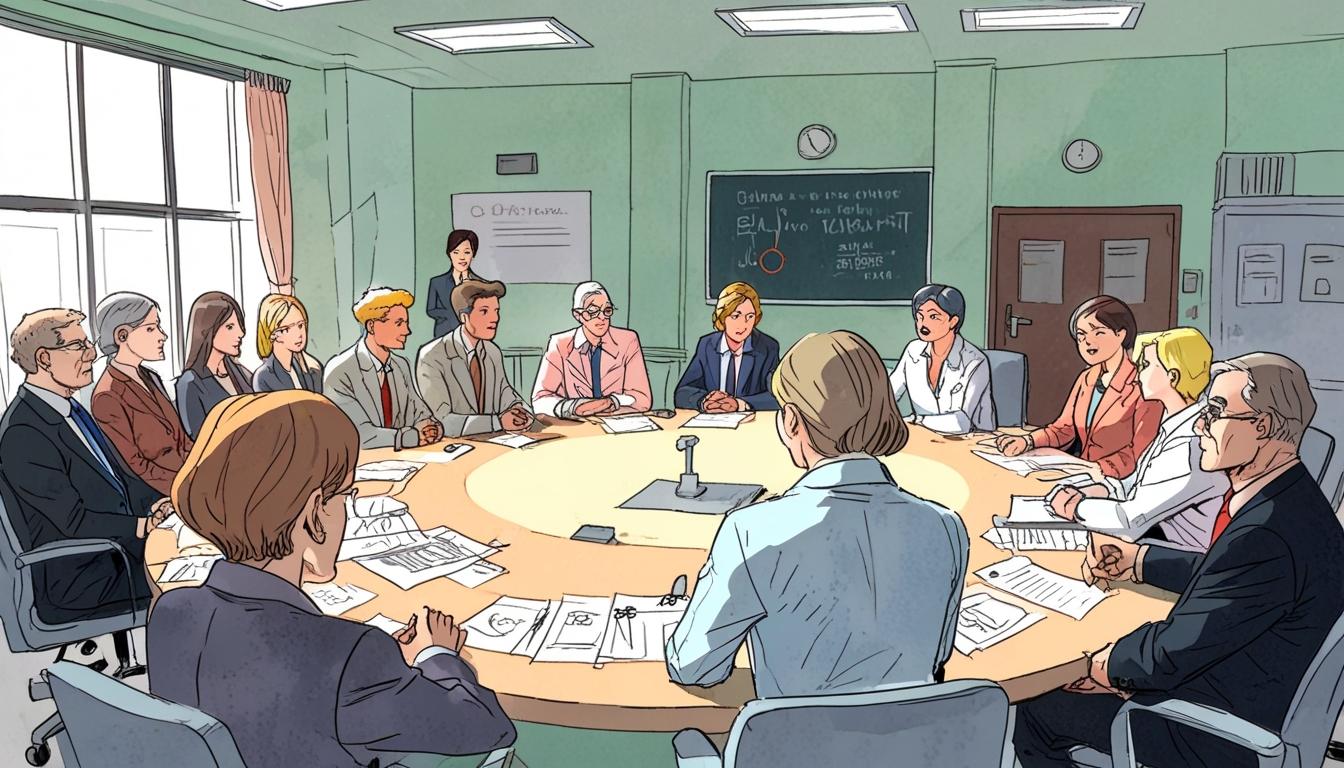Sir Keir Starmer is facing potential industrial unrest within the education and healthcare sectors after ruling out additional budget increases to fund pay rises for teachers and NHS staff. The issue is escalating as unions threaten strike action in response to government-funded pay offers, which fall short of recommendations made by pay review bodies.
Pay review bodies have suggested inflation-busting pay increases of up to 4% for teachers and 3% for NHS workers. However, the government budgeted in December for only a 2.8% pay rise for public sector workers across the board. Downing Street has since confirmed that no extra funds will be allocated beyond this. A spokesman for the Prime Minister stated, “There’ll be no additional funding for pay if recommended awards exceed what departments can afford.”
As a result, any pay increases above the budgeted amount would need to be financed within existing school and NHS budgets. This implies potential cuts to services elsewhere, a prospect unions strongly oppose. The National Education Union (NEU) earlier this month agreed to launch a formal strike ballot if the government's pay offer is not fully funded. Similarly, the NASUWT union voted at its annual conference to "move immediately to ballot members for industrial action" unless pay offers come with corresponding increases in school budgets.
Daniel Kebede, general secretary of the National Education Union, expressed concerns about the impact of underfunded pay rises: “If they’re not fully funded, then schools will have to make cuts which no parent, no teacher, wants to see.” He also acknowledged that while the union does not desire strike action, "as a trade union we do stand ready to act industrially if we need to."
Sir Keir Starmer, speaking amid rising tensions, stated that no decisions have yet been made regarding the implementation of the recommended pay increases, emphasising, “we are not at that stage of the process.”
Meanwhile, the Prime Minister has appealed to NHS staff to avoid strikes, highlighting a collaborative approach between the government and healthcare workers compared to previous administrations. He remarked, “If you work with the NHS staff, you get better results than the last government, which just went into battle with them. So we have got our doctors and nurses on the front line, not the picket line, and I think everybody appreciates that’s a much better way of doing business.”
The potential for industrial action looms as unions prepare to respond if pay increases are not fully funded, and public services such as schools and hospitals face pressure to manage their budgets amidst competing demands. The situation continues to develop as stakeholders await further government decisions.
Source: Noah Wire Services
